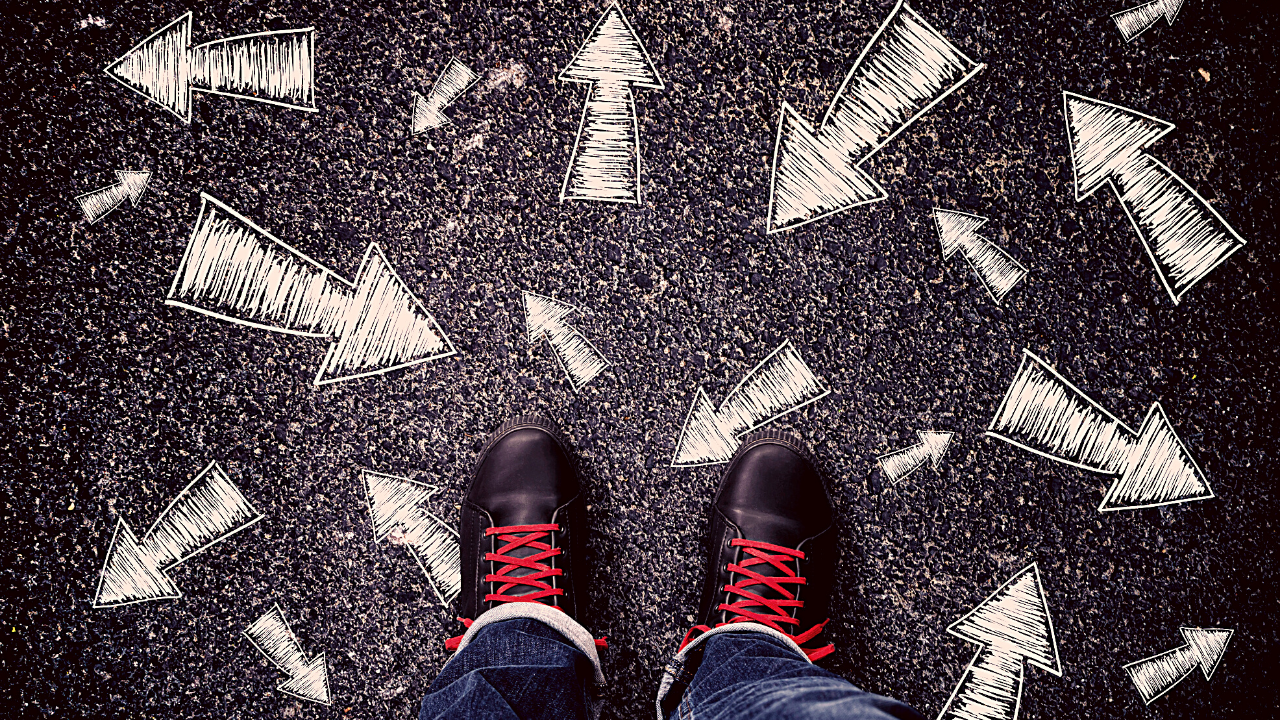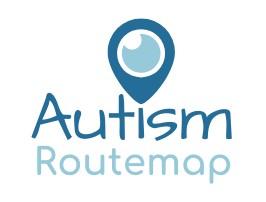5 strategies for staying sane when uncertainty hits

Uncertainty has been the theme tune for the past two years.
So many things exist outside of our control on the world stage … fuel shortages, volcanos, pandemics … I could keep going but you get the gist.
When facing uncertainty, we have a tendency to unravel. By nature, most of us like to know what is around the next corner and often feel fearful when dealing with the unknown.
The “not knowing” is often far worse than the actual difficulty itself. Once we are in the situation, we have no choice but to deal with it.
Bob Marley said,
“You never know how strong you are until being strong is your only choice”.
But in the anticipation stage, the battle with uncertainty rages in our minds … where we are prone to catastrophising.
Although this applies to the majority, it is likely to be more exaggerated for autistic people where there is generally a higher level of need for order, predictability and control. So in addition to the bigger concerns, an autistic person may also find smaller everyday unknowns hard to manage.
John Allen Paulos said that “uncertainty is the only certainty there is” - an interesting quote from a professor of Mathematics!
So, uncertainty is here to stay. It’s an inevitability. But what is less clear, is our relationship with uncertainty. How we react to it can lead to very different outcomes.
I doubt any of us would choose a bad outcome for ourselves. But when we are not intentional about our choices, we often default to patterns that hinder rather than help.
So what can we do to manage fearful anticipation in times of uncertainty?
Here are a few suggestions:
- Get to solid ground
When an earthquake hits, our chances of survival increase if we can find a safe space to hide in until the danger passes.
Likewise, when our personal worlds are shaking, safety can be created by engaging with the familiar. Whether that is a favourite film, a meal reminiscent of childhood, music we’ve heard a million times or a possession we feel attached to … it doesn’t matter. The important thing is that whatever “it” is, it evokes a sense of comfort, calm and stability.
- Mile Markers
Years ago, I ran a half marathon which was the longest distance I’d ever run. In training, I’d got as far as 9 miles so the extra 4 miles were an unknown. Would I sail through looking like a pro or would I collapse in an embarrassing heap before I got to the finish line?
What really helped (besides the lovely people cheering on the side-lines), was seeing the mile markers. 8 miles … keep going, 9 miles …. keep going, 10 miles … keep going and eventually, 13 miles … you made it!
In a similar vein, we can climb our mountains of uncertainty by breaking things down and focusing on the next right thing (if you’re interested, Emily Freeman wrote an entire book on this topic).
- Even ifs
When I was pregnant with my first child, the ultrasound scan revealed an anomaly. I faced a big “What if?”. A second more specialist scan showed the same issue and I was told that the baby might have Down Syndrome.
I was offered more tests but they came with risks. At this point, I turned my “what if” to an “even if”. I decided that even if my child had a problem, I wanted to keep her and I would find a way to cope. That mindset shift made all the difference.
“’ What if?” is not a bad question to ask because it helps us to identify and clarify the issue. It also helps us to mentally prepare for what is coming. But once we’ve asked that question, the shift to “Even if” focuses on our capacity to manage rather than our fear.
- New Doors
When my husband’s job came to an unexpected end, one of the first things he said to me was, “What does this make possible?” A door had closed but instead of willing it to re-open or getting angry with the people who closed it, he started looking for the next door.
Life is full of possibility. If we look for the opportunity in our situations, we will find it.
Clare Cook said, “If Plan A doesn’t work, the alphabet has 25 more letters – 204 if you are in Japan”. And you never know, Plan B, C, D or E may be even better!
- Embrace your Faith
Faith is trusting in a higher power you cannot see. By nature, faith involves letting go and accepting that which is out of our control whilst staying hopeful. Sometimes that is the best and only thing we can do.
I hope that’s been helpful!
To facing uncertainty with strength!

Linda empowers and equips people to communicate effectively, find freedom in their relationships and experience greater emotional well-being.
Whenever you’re ready, here are three ways I can help you:
- Grab a copy of: “Your guide to life after an adult autism diagnosis. Taking the next step into an empowered future!”
Use this guide to clarify how autism impacts you personally so you can:
- understand and clearly communicate your needs
- explain the diagnosis from your perspective
- take action to accommodate your needs and identify skills you want to develop
Click HERE to get your free copy
- Work with me directly
If you’re interested in working with me privately to fast track your progress in developing an emotionally healthy life and harmonious relationships, then I invite you to schedule a FREE call to discuss the options that are available.
Click HERE to book your call.
- Join our private Facebook group.
This is a place to connect with like-minded people to share challenges and solutions … and cheer each other on in your journey.
Click HERE to join
Disclaimer
This blog post is for educational purposes and should not be taken as medical or therapeutic advice. If you need medical or therapeutic support, please consult your medical practitioner or therapist.

